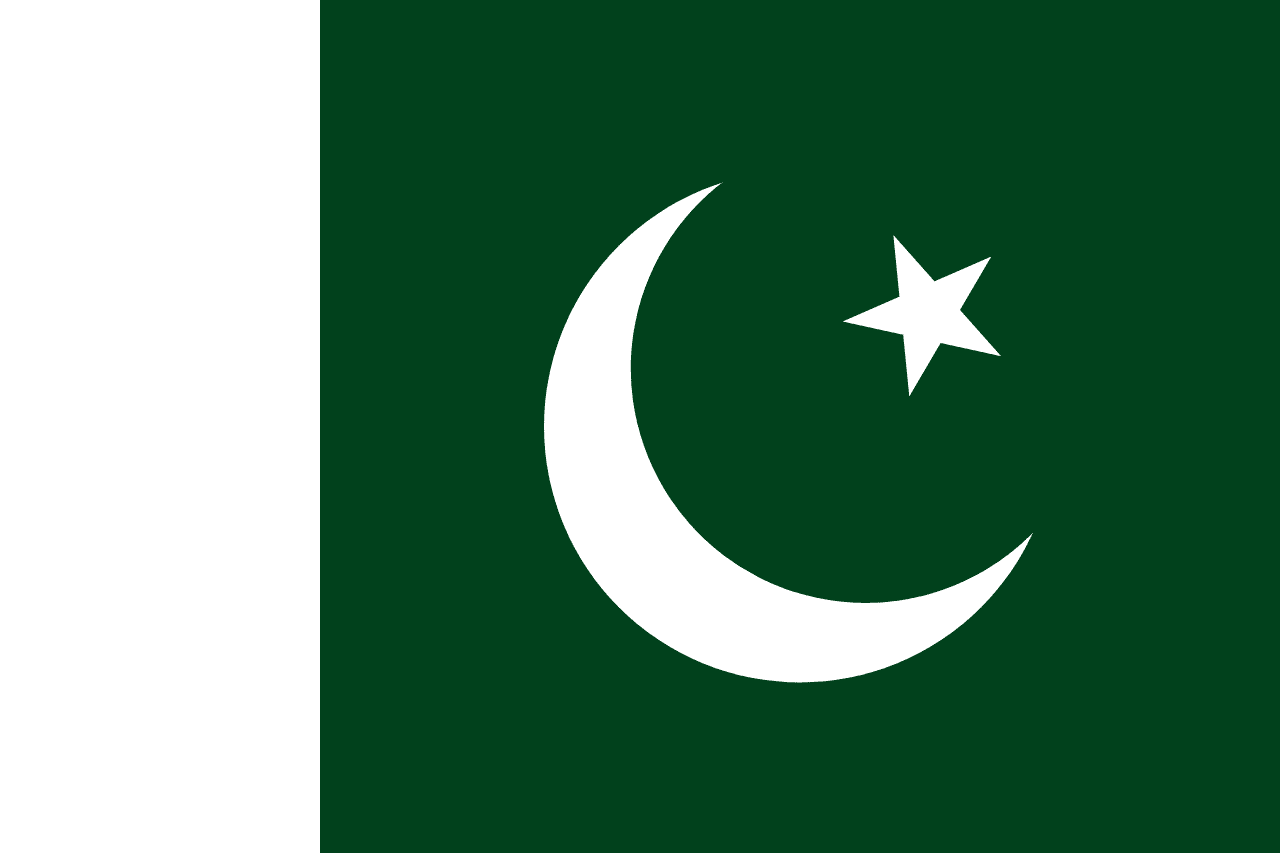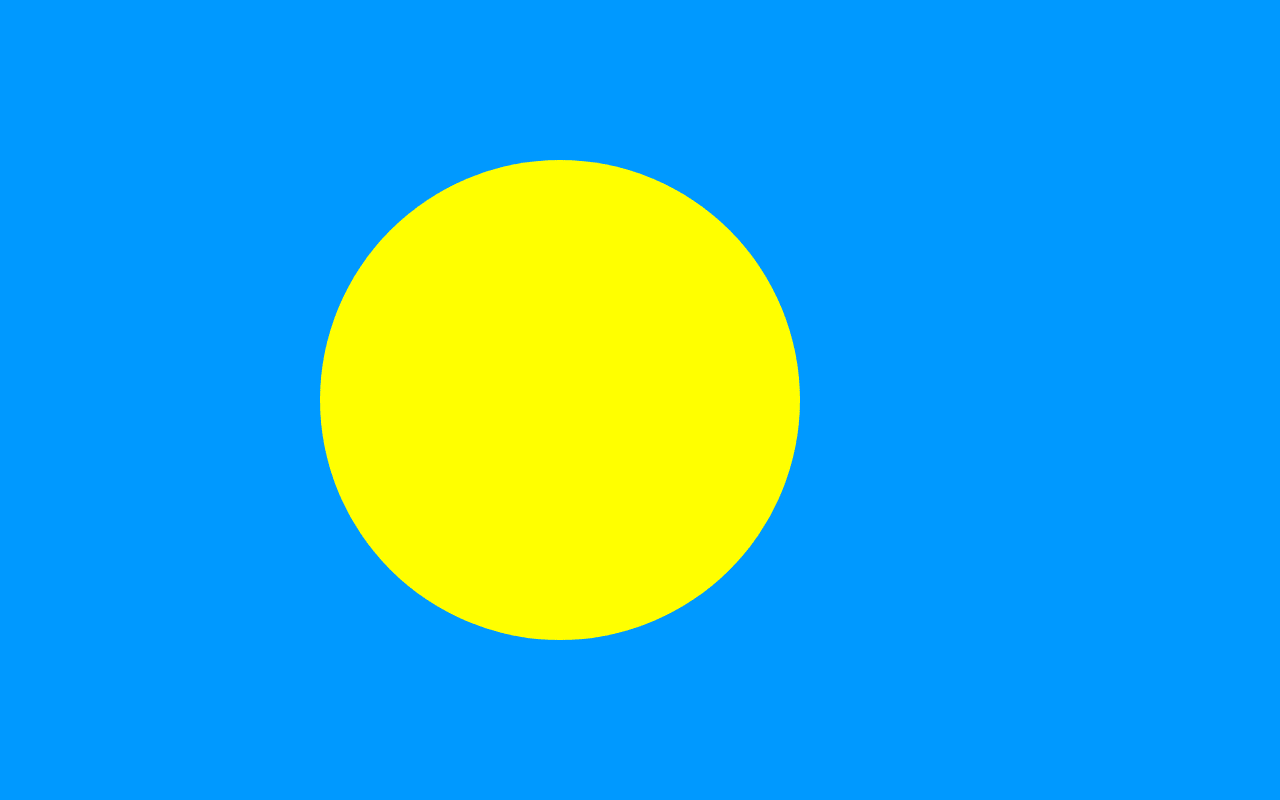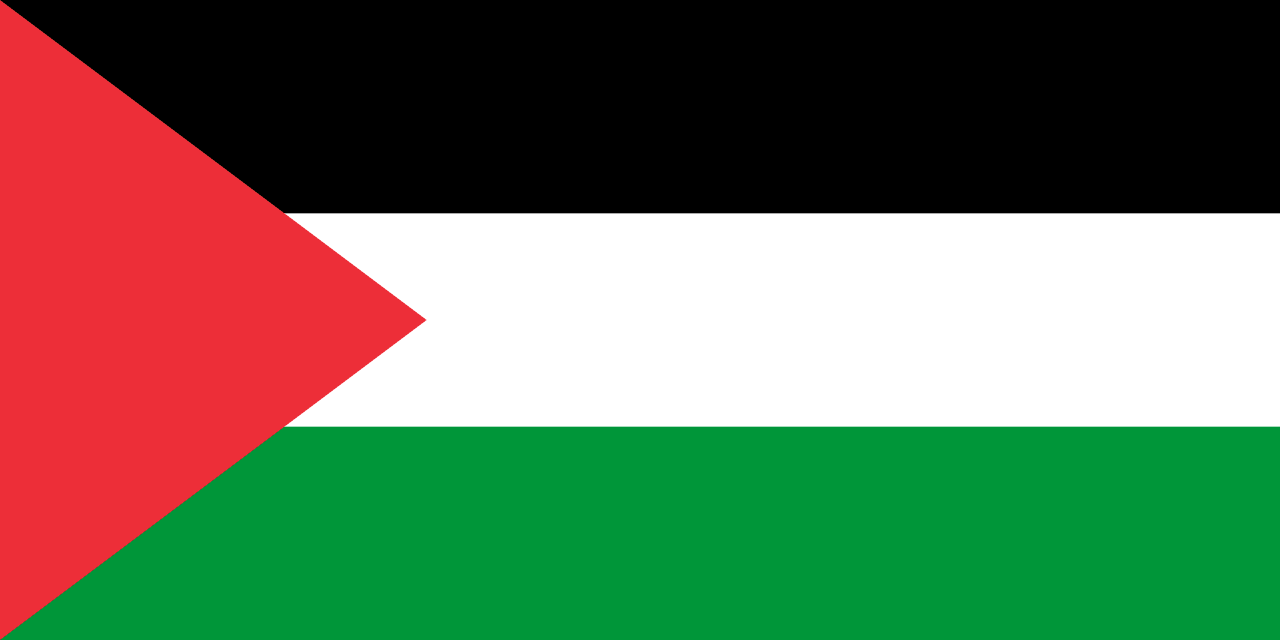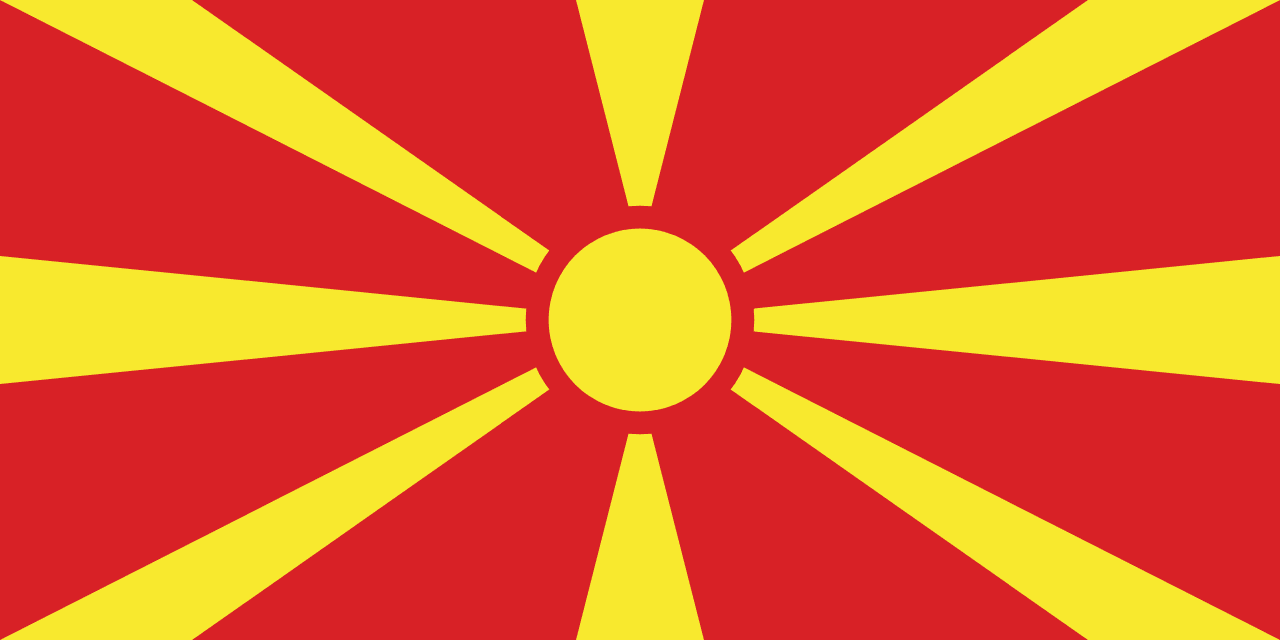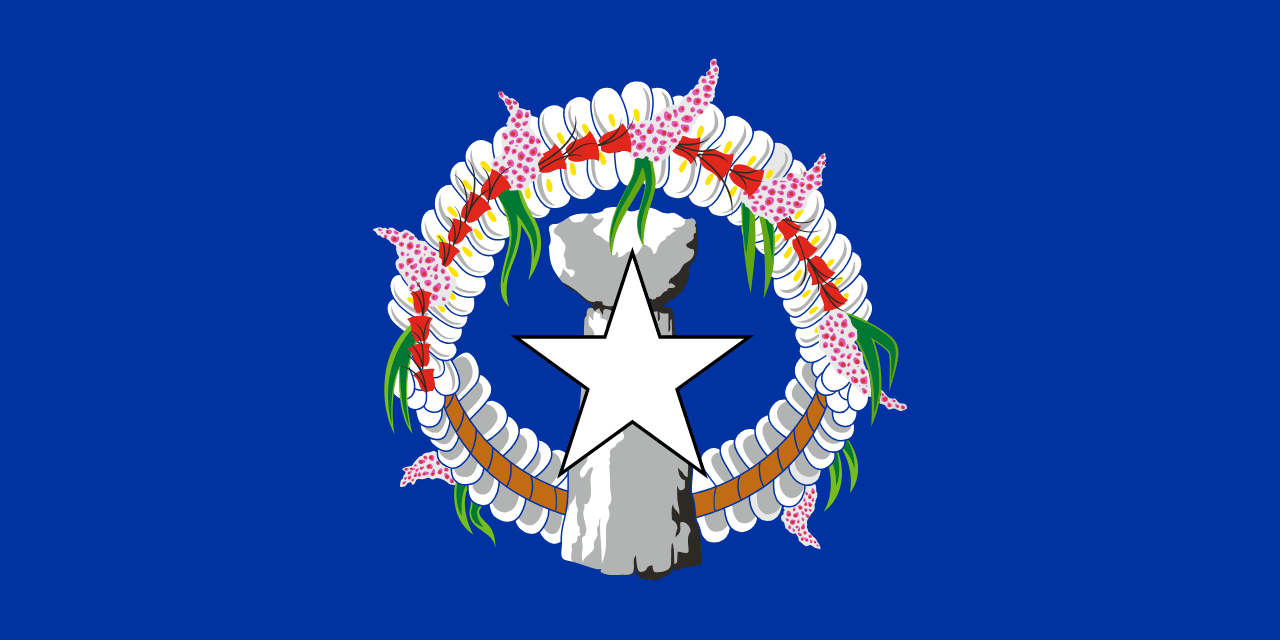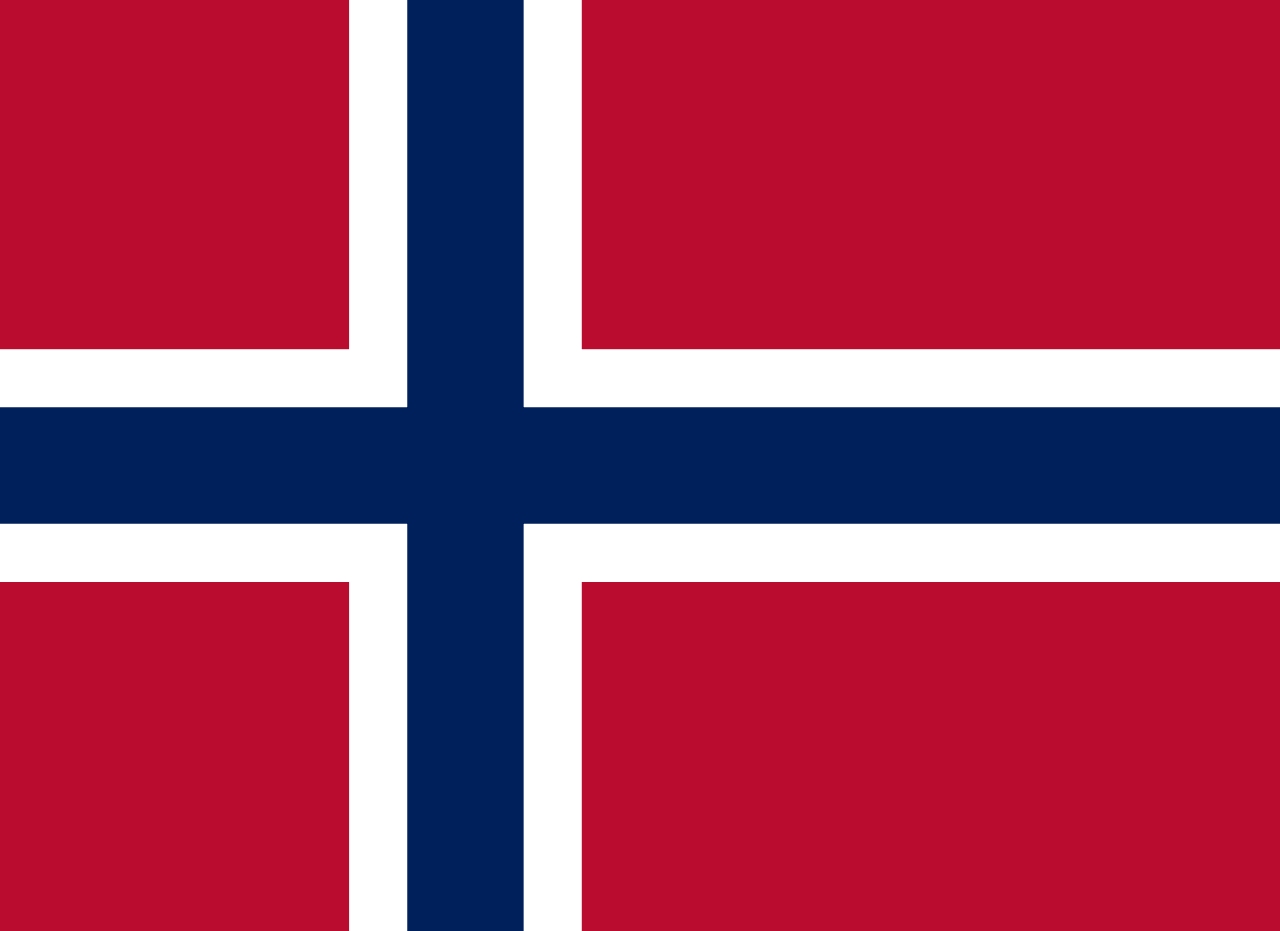The flag of Oman features three horizontal stripes of white, red, and green, with a vertical red bar on the hoist side containing the national emblem. This distinctive design encapsulates Oman's rich history, cultural values, and natural landscape, making it one of the most recognizable flags in the Middle East.
Oman information
| National Flag Day | — |
| Sovereign state | Yes |
| Official name | Sultanate of Oman |
| Capital | Muscat |
| Population | 4,974,987 |
| Area | 309,500 km² |
| Currency | Omani rial (OMR) |
| Language | Arabic |
| Continent | Asia |
| Region | Middle East |
| Subregion | Arabian Peninsula |
| Borders | United Arab Emirates, Saudi Arabia, Yemen |
| Timezone | GMT+4 |
| Calling code | +968 |
| Top-level domain | .om |
History of the Omani Flag
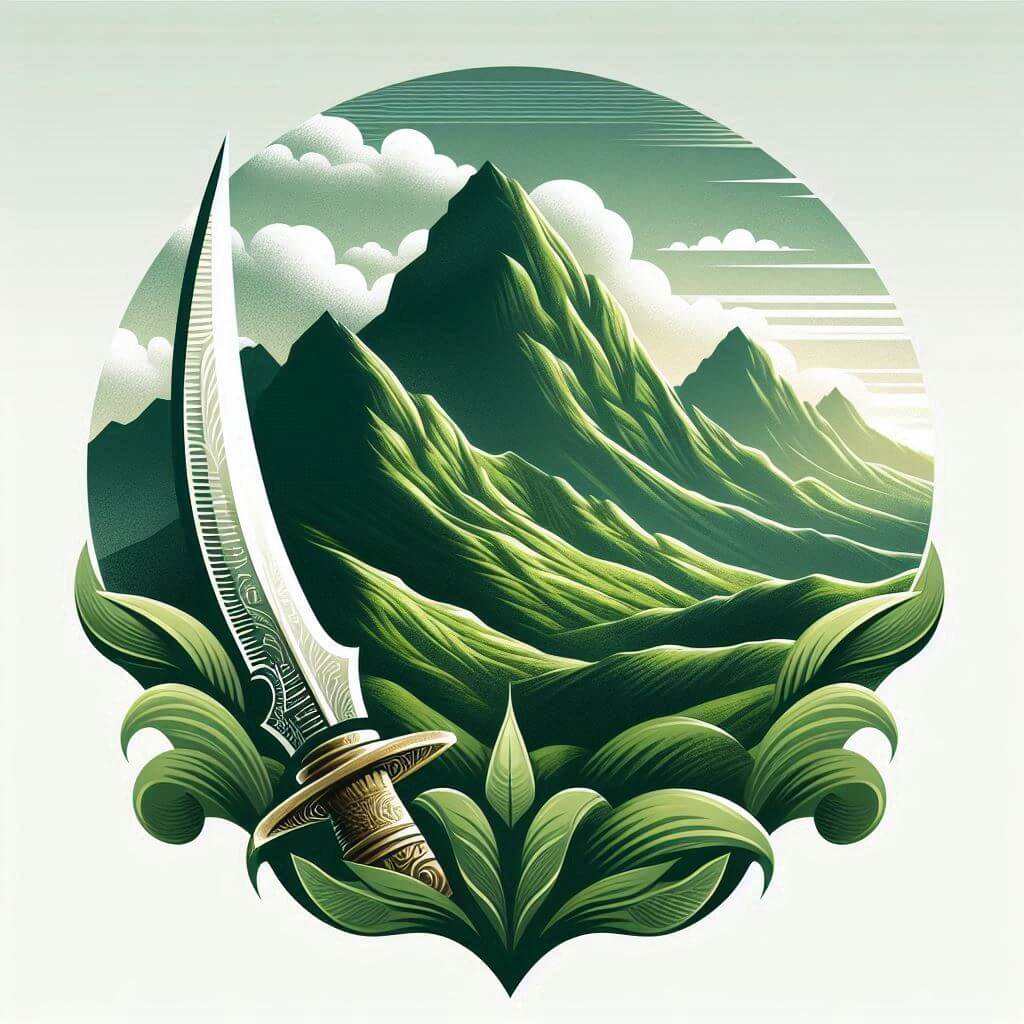 The current flag of Oman was officially adopted on April 25, 1995, during the reign of Sultan Qaboos bin Said. However, its design elements have roots in Oman's long and storied history. The use of red as a predominant color in Omani flags dates back to the 18th century, while the incorporation of white and green occurred in the 20th century.
The adoption of the current flag design coincided with Oman's period of rapid modernization and development known as the "Omani Renaissance." It replaced an earlier, simpler version that consisted of a plain red field, reflecting the country's evolution and aspirations for the future while maintaining ties to its heritage.
The current flag of Oman was officially adopted on April 25, 1995, during the reign of Sultan Qaboos bin Said. However, its design elements have roots in Oman's long and storied history. The use of red as a predominant color in Omani flags dates back to the 18th century, while the incorporation of white and green occurred in the 20th century.
The adoption of the current flag design coincided with Oman's period of rapid modernization and development known as the "Omani Renaissance." It replaced an earlier, simpler version that consisted of a plain red field, reflecting the country's evolution and aspirations for the future while maintaining ties to its heritage.
Symbolism and Design of the Omani Flag
The Omani flag's design is rich in symbolism, reflecting the country's values, history, and natural beauty. The white stripe at the top represents peace and prosperity, embodying Oman's commitment to diplomatic relations and economic development. The red stripe in the middle and the vertical red bar symbolize the struggles overcome in Oman's history and the bravery of its people. The green stripe at the bottom represents fertility and the Green Mountains (Al Jabal Al Akhdar), highlighting Oman's diverse landscape and agricultural heritage. The national emblem, prominently displayed on the red vertical bar, is a powerful symbol of Omani identity and tradition. It features two crossed swords and a superimposed khanjar, the traditional curved dagger of Oman. These elements represent Oman's historical importance as a seafaring nation and its martial traditions. The emblem is topped by a crown, symbolizing the Sultanate's monarchy. Together, these elements create a flag that honors Oman's past while looking towards its future, encapsulating the nation's identity, values, and aspirations.
Usage and Significance of the Omani Flag
 The flag of Oman holds immense significance as a symbol of national unity and pride. It is prominently displayed on government buildings, schools, and during official ceremonies throughout the Sultanate. The flag plays a central role in national celebrations, particularly during Oman's National Day on November 18th, when the country comes alive with red, white, and green decorations.
Internationally, the Omani flag represents the country at diplomatic functions, sporting events, and global forums. It symbolizes Oman's commitment to peace, progress, and international cooperation, values for which the country is respected in the region and beyond.
The flag also holds importance in Oman's maritime tradition. As a nation with a rich seafaring history and a strategic location on the Arabian Sea, the Omani flag is a common sight on vessels, representing the country's continued importance in global trade and maritime affairs.
The flag of Oman holds immense significance as a symbol of national unity and pride. It is prominently displayed on government buildings, schools, and during official ceremonies throughout the Sultanate. The flag plays a central role in national celebrations, particularly during Oman's National Day on November 18th, when the country comes alive with red, white, and green decorations.
Internationally, the Omani flag represents the country at diplomatic functions, sporting events, and global forums. It symbolizes Oman's commitment to peace, progress, and international cooperation, values for which the country is respected in the region and beyond.
The flag also holds importance in Oman's maritime tradition. As a nation with a rich seafaring history and a strategic location on the Arabian Sea, the Omani flag is a common sight on vessels, representing the country's continued importance in global trade and maritime affairs.
Interesting Facts About the Omani Flag
- Oman's flag is one of the few national flags to feature a dagger, reflecting the cultural significance of the khanjar in Omani tradition.
- The specific shades of red and green used in the flag are unique to Oman, distinguishing it from other flags with similar color schemes.
- The flag's design is protected by law, with strict regulations governing its production, display, and disposal.
- Prior to 1970, Oman used various flags, including an all-red flag and one with a white border and red field.
- The Omani flag's design influenced the development of other flags in the region, particularly those of other Gulf Cooperation Council countries.
